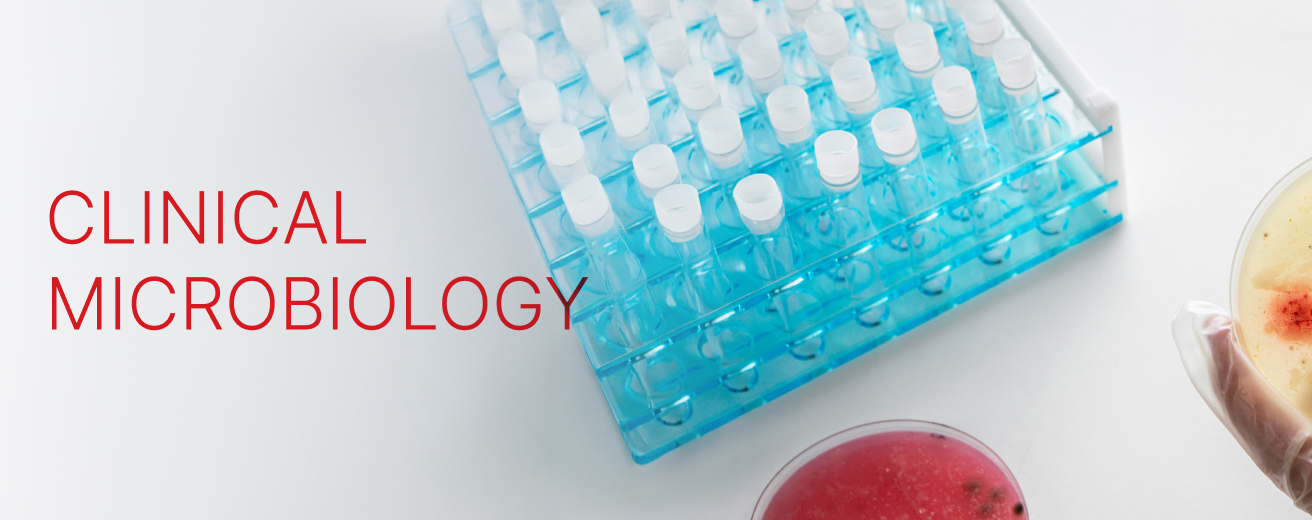OVERVIEW
Clinical microbiology plays a pivotal role in identifying and understanding infectious agents that impact human health. Through methods like culture, microscopy, and molecular diagnostics, microbiologists help guide accurate diagnoses, inform treatment decisions, and monitor emerging threats.
Beyond detection, clinical microbiology provides critical insights into resistance patterns and outbreak dynamics. By connecting the lab bench to the bedside, it strengthens public health responses and ensures that patient care is informed by the most precise and timely information available.
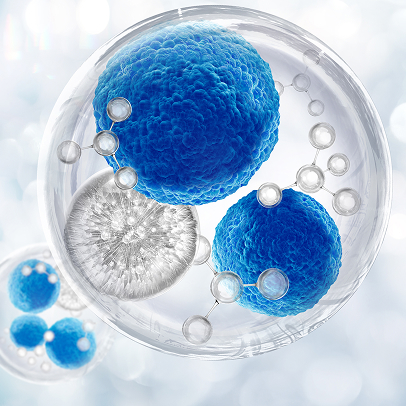
PROCESS
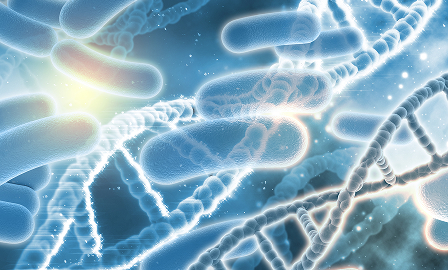
Patient Symptoms Prompt Testing
Infections suspected from clinical signs lead to microbiological testing for diagnostic confirmation.
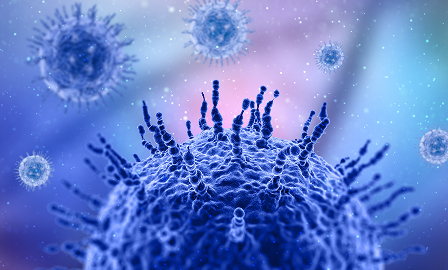
Isolation and Identification of Pathogens
Specimens are cultured and analyzed using biochemical tests, staining, or molecular methods to identify the causative agent.
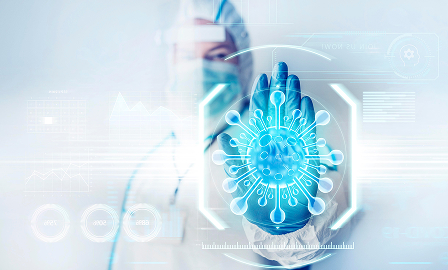
Antimicrobial Susceptibility Testing
Isolates are tested against antibiotics to guide treatment decisions and support infection control.

